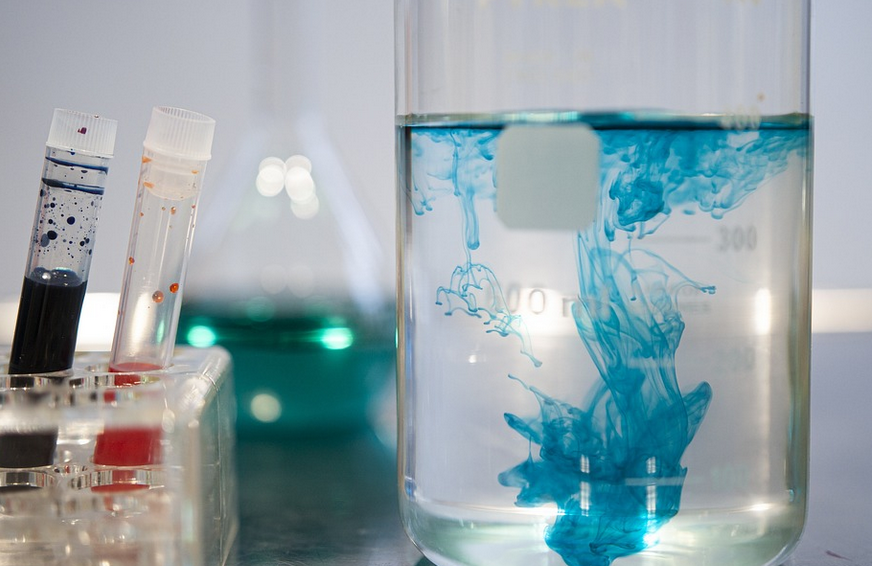The Basics of Boric Acid
Boric acid is a white, odorless powder that is commonly used in household cleaning products, pesticides, and even some medications. It has antifungal and antiseptic properties, making it an effective treatment for various conditions. However, when it comes to pregnancy, boric acid should be used with caution.
The Risks of Boric Acid During Pregnancy
Studies have shown that exposure to high levels of boric acid during pregnancy can increase the risk of birth defects. Ingesting boric acid can also be toxic to both the mother and the developing fetus. Symptoms of boric acid poisoning can include vomiting, diarrhea, and skin irritation.
How to Avoid Exposure to Boric Acid During Pregnancy
To avoid the risks associated with boric acid during pregnancy, it is important to limit your exposure to this chemical. This means avoiding the use of household cleaning products that contain boric acid, as well as avoiding certain types of pesticides and insecticides. If you work in an industry where you may be exposed to boric acid, be sure to wear protective clothing and follow any safety guidelines provided by your employer.
Alternatives to Boric Acid
If you are looking for an alternative to boric acid, there are many natural remedies that can be just as effective. For example, tea tree oil and coconut oil are both natural antifungal agents that can be used to treat yeast infections. Additionally, vinegar and baking soda can be used to clean and disinfect surfaces around the home.
The Bottom Line
While boric acid can be an effective treatment for various conditions, it should be avoided during pregnancy. Exposure to high levels of boric acid can increase the risk of birth defects and can be toxic to both the mother and the developing fetus. If you are pregnant, be sure to talk to your healthcare provider about any concerns you may have regarding exposure to boric acid.

